Students can play a crucial role in conserving drinking water around the world through education, advocacy, and practical actions. Here are some ways they can contribute:
-
Education and Awareness: Students can educate themselves and others about the importance of water conservation, the water cycle, and the impact of water scarcity on communities and ecosystems. They can organize workshops, seminars, or awareness campaigns in their schools and communities to spread knowledge about water conservation.
-
Behavioral Changes: Students can adopt water-saving habits in their daily lives, such as taking shorter showers, turning off faucets when not in use, fixing leaks, and using water-efficient appliances. They can encourage their peers, families, and communities to do the same.
-
Advocacy and Policy: Students can advocate for policies and practices that promote water conservation at local, national, and international levels. This could involve writing letters to government officials, participating in rallies or protests, or joining environmental organizations focused on water issues.
-
Water Recycling and Reuse: Students can promote the use of recycled or harvested rainwater for non-potable purposes such as gardening, flushing toilets, or cleaning. They can also support initiatives to reclaim and treat wastewater for safe reuse.
-
Community Projects: Students can initiate or participate in community projects aimed at conserving water, such as installing water-saving devices in public buildings, planting drought-resistant gardens, or organizing clean-up events to protect water sources from pollution.
-
Research and Innovation: Students can engage in research projects to explore innovative solutions for water conservation, such as developing new technologies for efficient irrigation, designing eco-friendly water filters, or studying the impact of climate change on water resources.
-
Partnerships and Collaboration: Students can collaborate with local businesses, NGOs, and government agencies working on water conservation initiatives to maximize their impact. They can also partner with schools in other regions or countries to exchange ideas and best practices.
By taking these actions, students can contribute to a more sustainable future where access to clean drinking water is safeguarded for all.
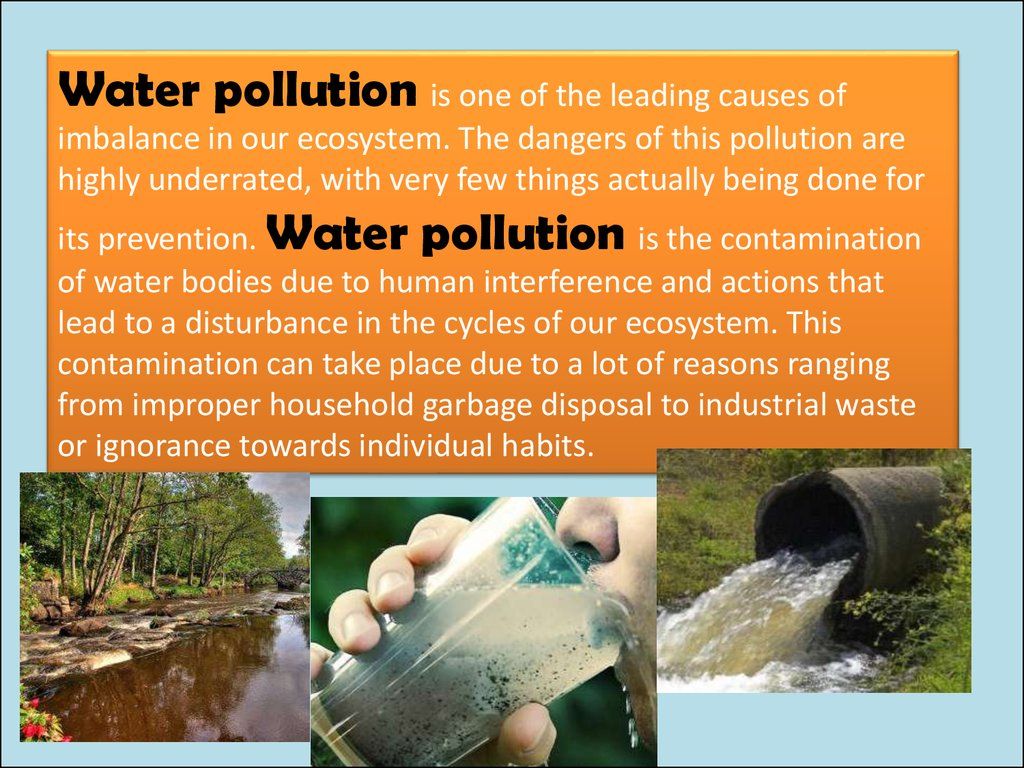
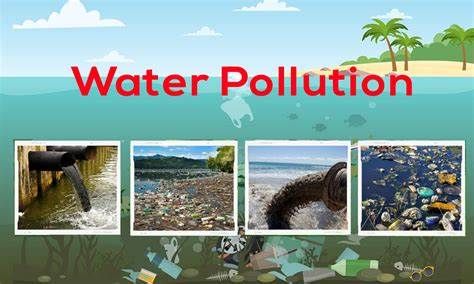
.jpg)
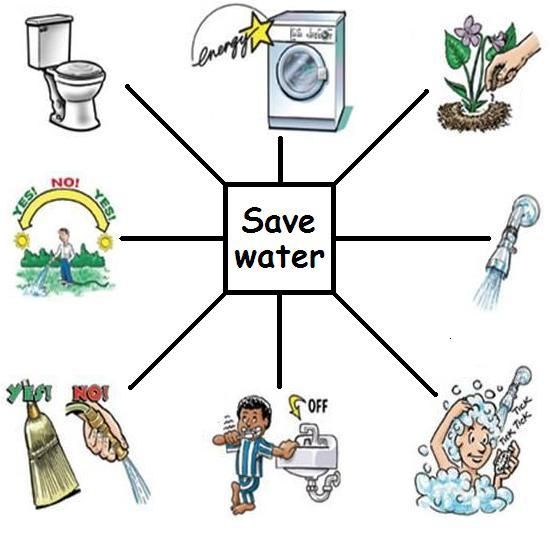
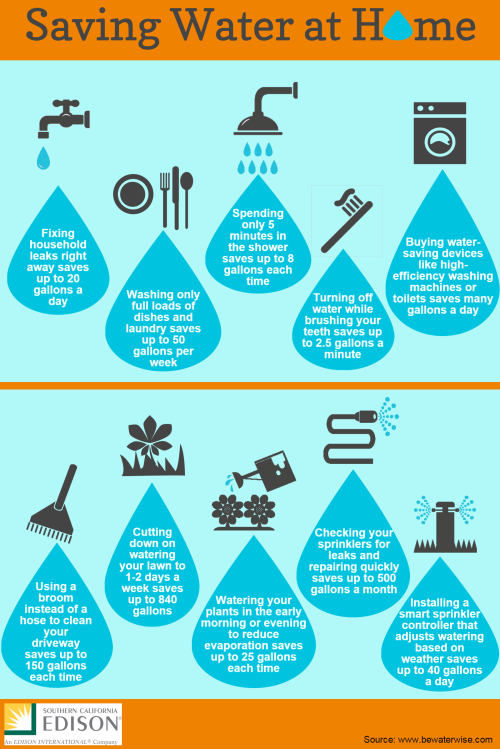
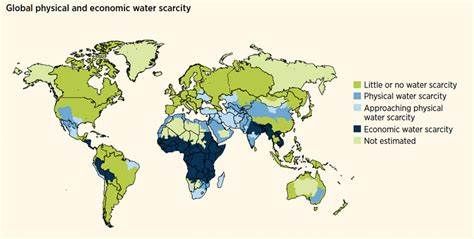
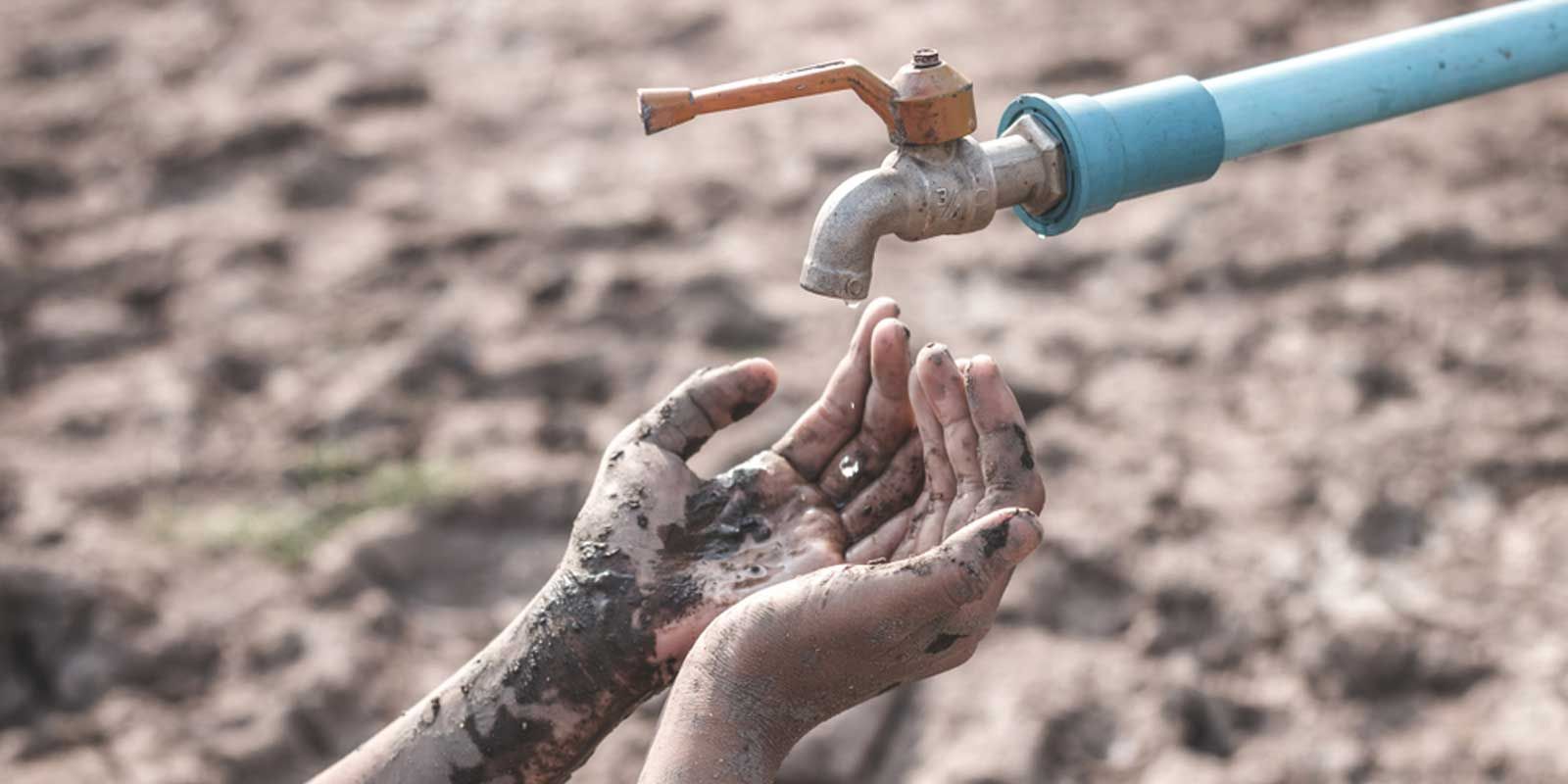

_1715332999085.jpg)

